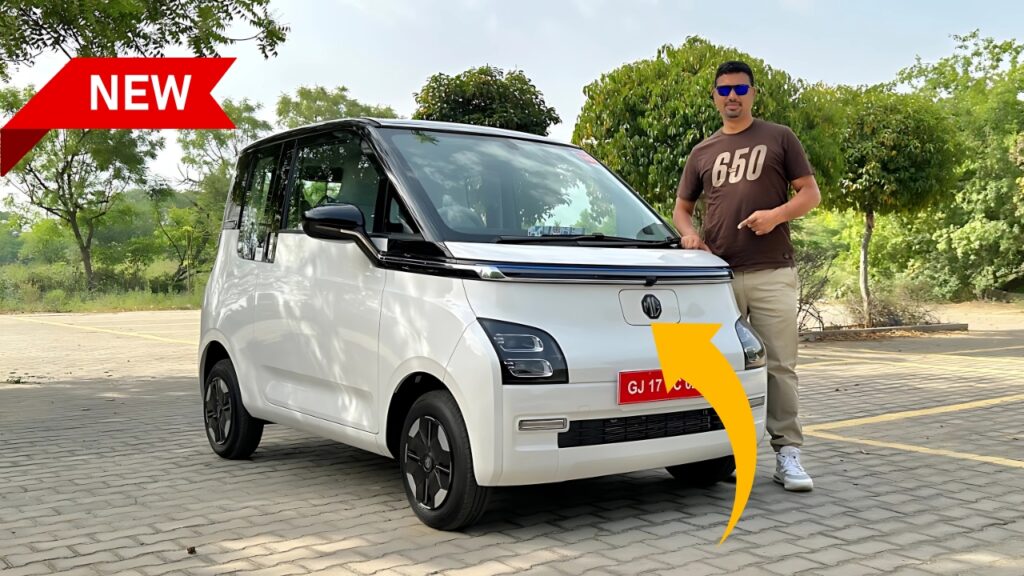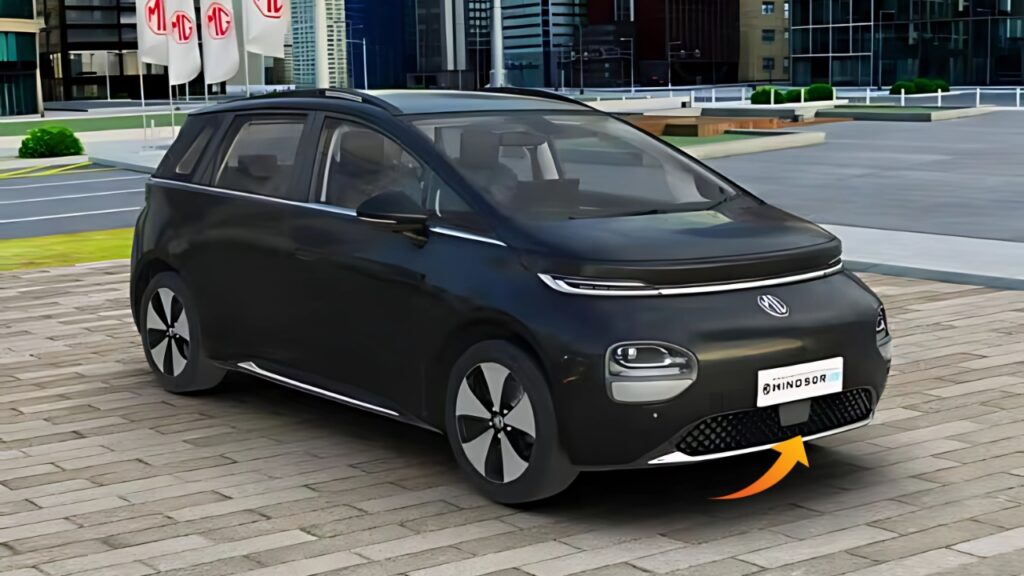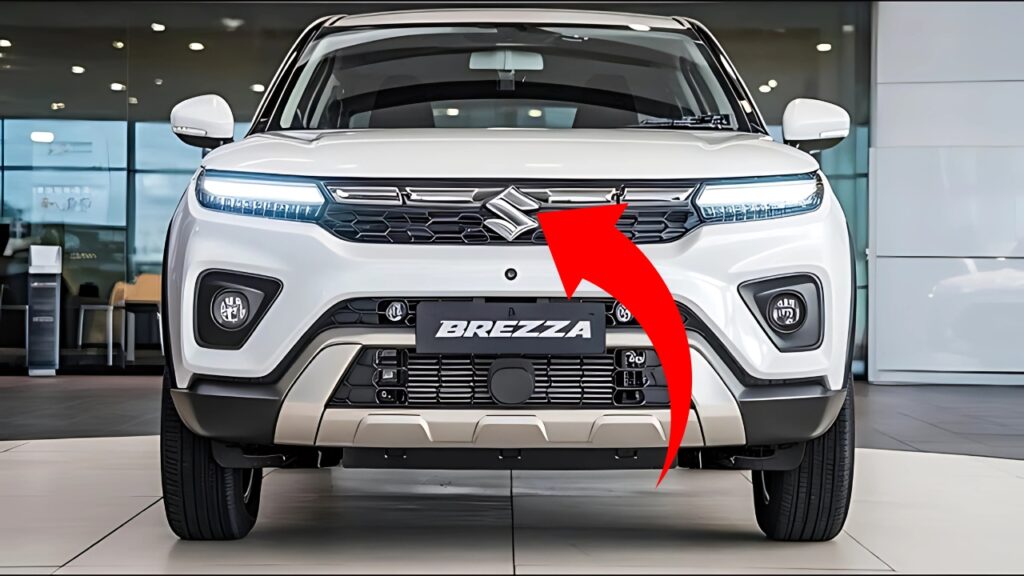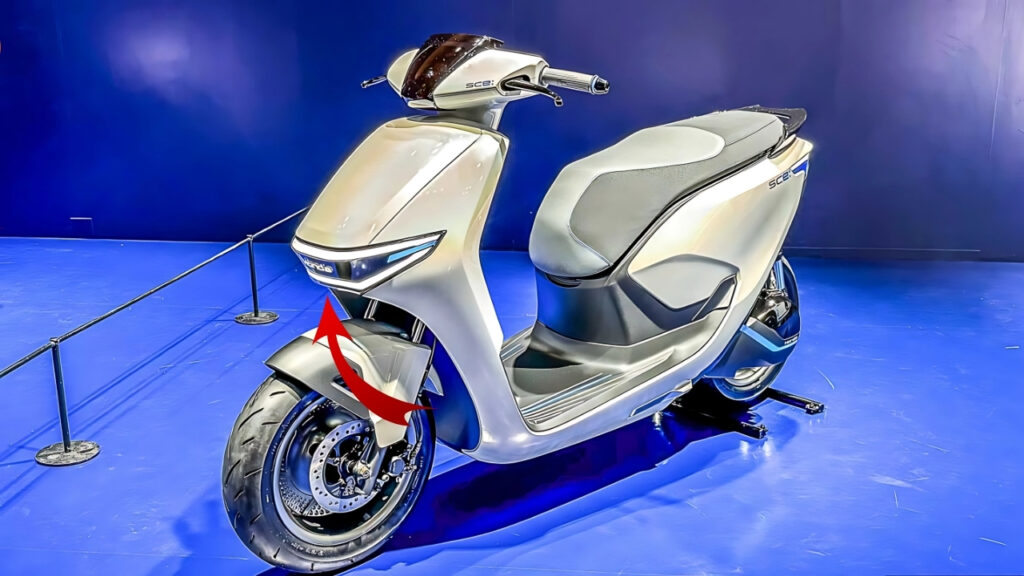Tesla : In much anticipated news that has sent shockwaves through the car universe, as well as India’s burgeoning electric vehicle market, Tesla has unveiled the pricing strategy for its first electric vehicle to be sold in the subcontinent.
The development is key to the American electric vehicle maker’s global ambitions and crucial for India in its efforts to move to sustainable transport.
Table of Contents
Getting into the World’s Hottest EV Market

MUMBAI: After a long period of speculation, back-and-forward talks with the establishment and deep market study, Tesla CEO Elon Musk popped up on the video conference screen in a special event in Mumbai to announce the price tags of the company’s soon-to-be-launched model for the Indian market.
The announcement could not have been timed better as India, the world’s fifth-largest economy and the second most populous, has been making fervent efforts to take electric mobility to the next level and find a solution to its ever deteriorating air and cut down on imported fossil fuels.
“India will be incredible,” Musk said in the virtual presentation. “We have been working very closely with the Indian authorities to make sure that our vehicles are not only affordable in India but also specifically engineered to support Indian roads and Indian consumers.”
Tesla’s entry-level model for India will start at a price of ₹27.5 lakh ((about $33,000).This will place the car quite competitively in the high end market, and yet, remain cheaper than what most analysts say they expected.
The pricing is in lieu with the fact that Tesla has realized that the Indian market likes it under-declared amount but wants to keep the premium positioning.
Strategic Manufacturing & Assembly
The company’s ability to price its models competitively in the Indian market is underpinned by its plans to build an Indian factory in Tamil Nadu after extended talks with several state governments that were jostling to woo the electric vehicle manufacturer to set up its first Indian plant.
Lear says the supplier’s new plant is scheduled to start production by the beginning of next year with the assembly of seats, but the site will begin sourcing parts in the country on an increasing basis.
“Our undertaking in India is to have a gradual localization of manufacturing, but initially we will import as we look to establish the manufacturing process,” said Rohan Patel, Senior Director of Public Policy and Business Development at Tesla.
“We’ll begin with assembly from imported knock-down kits, but we want to achieve a local content level of up to 60% after three years of production.
This will not only enable us to reduce costs but also help in creating thousands of skilled jobs and supporting the government’s vision of AatmaNirbhar Bharat,”скзал Джейн до Чош Jacob Punnoose, Former DGP of Kerala.
As per industry analysts, the move to make its cars locally in the country can reduce the price of the cars by as much as 15-20% in the long term, which could enable Tesla to launch even cheaper variants in the coming years.
The company has also inked memorandums of understanding (MoUs) with several Indian component manufacturers to create a strong local supply chain.
Model Details and Customisation for Indian Market
The base Tesla offering for India is an all-new model from the ground up, which has been engineered, designed, and priced keeping the Indian market, and driving sensibilities in mind.
Continuing with Tesla’s hallmark simplistic interior and state-of-the-art technology suite, the India-spec model is expected to get:
Upgraded suspension system and adaptable to rough terrain
Extra elemental resistance for critical electronics pieces
Extended battery range suitable for Indian climatic conditions
Fast charging suitable for India’s burgeoning EV charging infrastructure
Regional language support (Hindi and several other regional languages) based local navigation system
“We didn’t want to just take a model that we had elsewhere in the world and introduce it to India, we wanted to design a Tesla that is perfect for India,” the company’s lead engineer for emerging markets was quoted saying.
“Everything, ranging from ground clearance to cooling systems, has been thought over, keeping the Indian conditions in mind.”
The base model will provide a range of around 400 kilometers on a single charge, though more expensive editions will cover up to 550 kilometers, mitigating the range anxiety plaguing mass adoption of EVs in the nation.
Policy Support and Government Incentives
This new market entry by Tesla has been helped along by some recent shifts in India’s EV policy landscape, including a reduction in import duties for firms willing to engage in local production and investment.
A government of India (GoI) production-linked incentive (PLI) plan for advanced automotive technology has also helped make the investment by Tesla more conducive.
The government of India has taken initiatives to adopt electric vehicles (EVs), including a policy that aims to electrify all vehicles in the country by 2030, a proposal which was welcomed by Musk during the presentation.
“We not only want to see India as a market but as a base for Tesla to operate there soon.”
“We welcome them in India and they will be given all facilitation and support,” he added The entry of Tesla “was something very natural”, and “we have always support for electric world”.
“The transfer of technology, experience, and the ecosystem that come with Tesla manufacturing in the country will put us on the fast track to achieving our EV strategy and action plan.
As the incentive plan now stands, the purchase of a Tesla vehicle can be subsidized by as much as ₹1.5 lakh, making them all the more cost effective and attractive to the Indian buyer.
In addition, some states have declared extra incentives such as lower registration costs and power tariffs for EV users.
Infrastructure for Charging station development
On one of the biggest worries for the prospective EV buyer in India, Tesla – in their plans, has made big strides in planning for charging infrastructure that is spread across the country.
Tesla will also install its Supercharger infrastructure in stages, with metropolitan coverage increasing to include highway corridors and then tier 2 cities.
“As a first step, we are looking to set up 20 Supercharger stations within Delhi-NCR, Mumbai, Bangalore, Hyderabad, Chennai, and Pune,” Tesla’s head of charging infrastructure said.
“We hope to have more than 100 operational Supercharger locations in India by end of next year.”
Tesla is also working with shopping centres, hotel chains and commercial property developers to build out its destination charging network and give owners convenient charging access while they’re on the road and shopping or dining.
And the company has also claimed to be working with different Indian energy corporations to build solar-charged stations, solidifying its position in the renewable energy industry.
Reaction of the Market and Competition
The pricing news has had potential purchasers and industry observers chattering. Pre-booking for a refundable deposit of ₹1 lakh was opened right after the announcement, and reportedly received over 10,000 bookings in the first 24 hours of its announcement.
“There is no doubt that Tesla’s entry will fast-track the premiumization of Indian electric vehicle market,” Puneet Gupta, Director at automotive consultancy IHS Markit, said in a statement.
“While it remains priced out of the reach of mass-market buyers, it is going to cast a halo over the entire EV ecosystem and force other manufacturers to up their electric game.”
India’s premium EV segment, a space that is already occupied by the likes of Mercedes-Benz, Audi and Jagua Land Rover have already announced plans to increase their offerings in the electric segment as a response to Tesla’s entry.
Home-grown companies such as Tata Motors and Mahindra & Mahindra are also fast tracking their EV programmes to be in the reckoning.
“Tesla’s entry presents challenges and opportunities for Indian companies,” said Shailesh Chandra, head of the passenger vehicle business at Tata Motors.
“As the competition heats up, it also serves to confirm our early electrification strategy and will help enlarge the total industry volume.
Future Plans for Tesla in India
Through the initial launch however, Tesla has opened up plans for an ambitious future in India. The company aims to bring the entire range of vehicles to India over time, with the Model Y crossover expected to come within 12-18 months of the launch of the most affordable model.
Moreover, Tesla is looking to introduce its energy storage products here in India such as deploying its Powerpack and Megapack with renewable energy developers and industrial consumers.
This is in line with India’s ambitious renewable energy goals, and can also assist in managing grid stability issues when the capacity of solar and wind power expands further.
“Our aspiration for Tesla in India is also the same, and we will sell cars at an aggressive pace,” Musk emphasized.
“We are keen to contribute to India’s solarisation effort to reduce the carbon footprint and limit global warming,” it added.
Challenges and Opportunities Thereafter
However, things are easier said than done as Tesla has several hurdles to overcome in India.
The charging network outside of large city centers is also immature and consumer understanding of electric vehicles is still developing.
And there is the premium positioning, which will limit Tesla to a small piece of the huge Indian automotive market at first.
But those challenges are also met with some significant opportunities.” India’s long term outlook is constructive based on emission reduction goals, and a 30% EV penetration target by the government by 2030.
The growing middle class in the country and the rising environmental awareness among younger consumers also indicate rising demand for premium electric vehicles in the next few years.
But as Tesla races to deliver its first cars to Indian customers by the end of this year, it is about more than simply another car company entering a new market.
It represents a moment of inflection for the Indian automotive industry and its commitment to set itself on the path to rapid electrification and provide sustainability in its mobility solutions.
Whether Tesla can replicate this overseas success in one of the world’s most distinctive and challenging markets is anyone’s guess, but it has undoubtedly enlivened India’s EV ecosystem and created new discussions about the nation’s EV future in one the world’s largest automotive markets.





